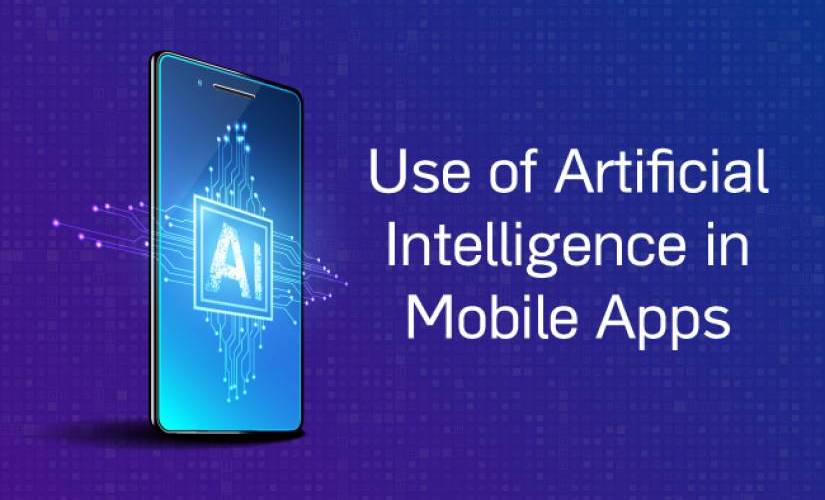
In today’s competitive mobile landscape, offering a beautiful, functional app isn’t enough. Users expect hyper-personalized, seamless experiences — and AI has become the backbone of delivering just that. By integrating artificial intelligence into mobile apps, companies can elevate user satisfaction, reduce churn, and increase lifetime value through smarter, more adaptive experiences.
Here’s how AI is reshaping mobile customer experiences — and how you can leverage it effectively in your app.
1. Personalization at Scale
AI enables mobile apps to understand individual users at a granular level — preferences, behaviors, routines, and needs — and tailor content, features, and interactions accordingly.
Examples:
- Streaming apps like Spotify or Netflix use recommendation engines powered by machine learning to surface relevant content based on listening or viewing history.
- E-commerce apps tailor product suggestions, promotions, and even the layout of home screens using AI-driven customer segmentation.
How to implement it:
- Use ML models (like k-means clustering or collaborative filtering) to group users based on behavior.
- Incorporate real-time feedback loops to update personalization models continuously.
2. Smarter Customer Support with AI Chatbots
AI-powered chatbots can handle a wide range of user queries instantly — from resetting a password to processing refunds. When trained well, these bots can offer natural, conversational responses that rival human agents.
Why it matters:
- Reduces support costs and response times.
- Ensures 24/7 assistance without scaling up headcount.
Pro tip:
Don’t treat the bot as a replacement — use it to triage, deflect, or accelerate handoff to human support when needed.
3. Voice and Vision Interfaces
With advancements in NLP (Natural Language Processing) and computer vision, mobile apps are expanding beyond touch-based input. AI allows users to interact using speech or images — improving accessibility and unlocking new use cases.
Examples:
- Voice assistants in banking apps help users check balances or initiate transfers.
- Retail apps let users snap a photo of an item to find similar products.
This kind of intuitive input reduces friction and makes experiences feel more natural, especially on mobile where typing can be cumbersome.
4. Predictive UX and Anticipatory Design
AI allows mobile apps to move from reactive to proactive. By predicting what the user will need next, apps can streamline experiences and reduce cognitive load.
Use cases:
- A fitness app might proactively suggest hydration reminders based on recent activity.
- A travel app could surface check-in details or gate changes without the user asking.
Designing around AI-driven predictions creates a feeling of intelligence and attentiveness — two powerful drivers of user trust and engagement.
5. Real-Time Insights and Adaptive Experiences
AI can process huge volumes of behavioral data in real time, detecting anomalies or opportunities and adjusting the experience accordingly.
Examples:
- A fintech app might detect signs of overspending and offer nudges or financial tips.
- A gaming app could dynamically adjust difficulty based on the player’s skill level, using reinforcement learning.
By letting the app learn and evolve over time, you deliver an experience that improves with each session.
Final Thoughts: Balance Power with Privacy
AI is a powerful tool — but it must be wielded responsibly. Users are increasingly privacy-conscious, and regulations like GDPR and CPRA require transparency in how data is collected and used.
When designing AI-powered features:
- Make value clear: Tell users why you’re collecting data.
- Give control: Let users opt in, customize, or delete their data.
- Build trust: Use explainable AI wherever possible so users understand your app’s decisions.
Conclusion
AI is no longer a futuristic add-on — it’s the present-day differentiator in mobile app UX. Whether through personalization, automation, voice interactions, or smart predictions, AI can help you meet your users where they are and elevate every tap, swipe, or scroll into something meaningfully better.
The key is not just to use AI — it’s to design experiences around it, integrating intelligence deeply into the user journey while maintaining transparency and trust.


